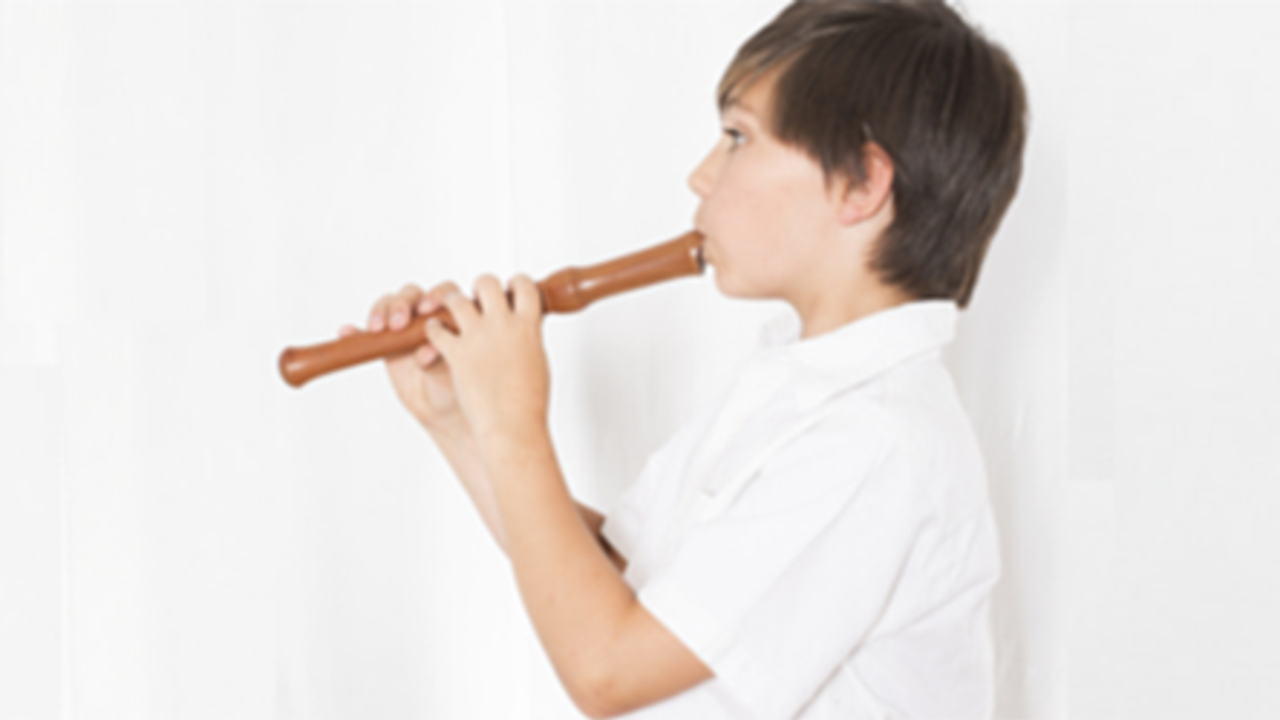
The Hidden Benefits of Learning Recorder
Apr 11, 2016You may or may not agree, but recorder is a fantastic first instrument for a young child. In fact, even though I recommend piano as a first instrument for small children, the recorder is the perfect first wind instrument for them.
Because it is cheap however, it seems to be treated as a “cheap” alternative to a “real” instrument (such as the flute) and is taught in big groups in schools, sometimes without much thought put into the musicality of the teaching. AND because of this, the music that is produced by the hoard of young recorder players is often thought of as cheap as well! Possibly because dozens of squawking recorders actually ISN’T the most beautiful music!
I have always advocated that more value should be put on recorder lessons for very young students of 7 and below (when they are generally too small to comfortably hold a flute).
The benefits for the student are pretty much everything they need to be able to successfully learn the flute – when they’ve grown enough to be able to do so that is. Obviously, they’ll learn how to read music, but less obviously, they can learn about how to actually play and feel music. In other words, develop their musicality and sense of musicianship – and this is all while they’re still aged 5 or 6… This depends on the calibre of teaching of course, but my point is that the opportunity is there to be able to significantly influence a child’s musical develop by using a “cheap” and often overlooked instrument.
A more common benefit that doesn’t necessarily take a super-skilled teacher is that the child will learn how to coordinate their fingers, their tongue and their breath – all 3 things at once – in order to play any tunes to a reasonable standard. That is a mean feat in itself for such a young child. Not only is this a skill that will serve them well for learning any future wind instrument, but the brain function required to get to the stage that this young child is now at, will, if I can be so bold to state it so plainly – make them smarter.
If the recorder teacher is a skilled wind musician, and particularly has experience at the recorder, the young student will learn how to control their breath in a finely tuned way, something that is so precise that it will not only benefit their future instrumental skills, but has already allowed them to develop an awareness of what their body is doing – I’m a great advocate of body awareness in general. The more awareness of the body, the more awareness of the brain, the mind, and the world around us. (Makes us smarter again is what I really mean.)
All this is achieved on a “cheap” little plastic instrument that doesn’t cost $800 like a beginner flute. And everything learnt on a recorder really does translate successfully onto other wind instruments including the flute.
This year I’ve started teaching the flute at a school which actually does value the recorder for the younger students. It’s really nice to see – the students are all very musical and have no problem quickly picking up the concepts of playing a wind instrument.
I got an email from a father who is teaching his 9 year old son the recorder as a deliberate introduction to playing the flute later. It is his email that prompted me to write about the subject because he raised so many of the benefits that I already 100% agree with.
Here’s what the father (Paul) said about his son to me:
“He only started playing recorder 9 months ago and can now perform easy Handel Sonatas credibly. I think that on a flute most kids are still fighting to make a good sound after 9 months.”
And the reason for writing this blog post is summed up beautiful by a sentence from Paul’s email:
“The point is the EVERYTHING he has learned on a recorder will directly translate to the flute… now he just needs to learn the flute specific differences.”



